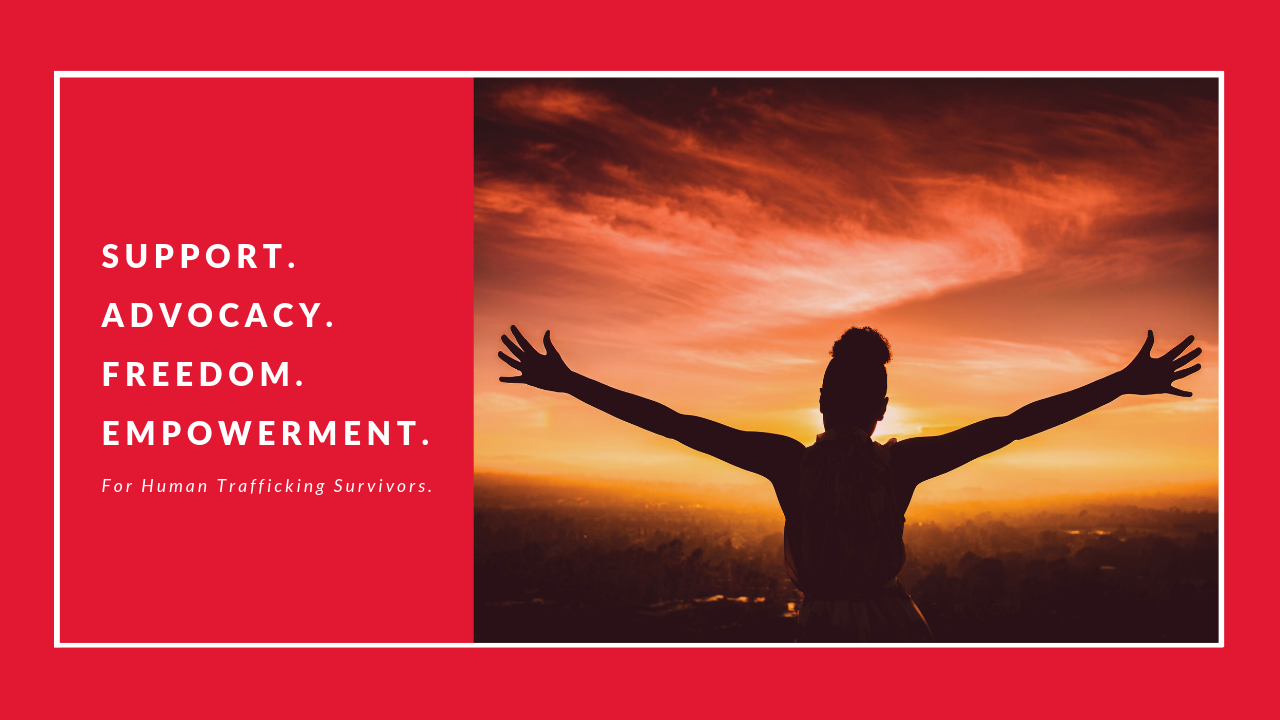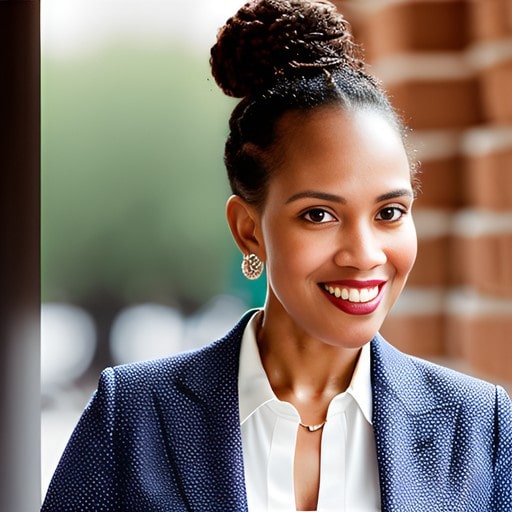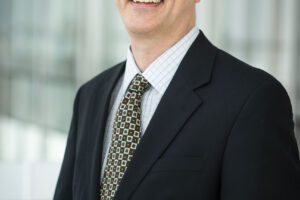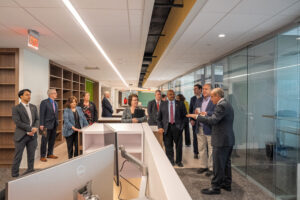SAFE Center Director of Equity and Community Engagement Recognized by School of Social Work

The University of Maryland School of Social Work‘s (SSW) Office of Diversity, Equity, and Inclusion (ODEI) interviewed Jatnna Gomez, LBSW in April, Sexual Assault Awareness Month (SAAM), and discussed the importance of the month as well as how to get involved. Gomez also elaborated on her role as Director of Equity and Community Engagement at the University of Maryland SAFE Center for Survivors of Human Trafficking.
Read more of the conversation originally published in the SSW April 2023 DEI Newsletter below:
Tell us a bit about yourself.
I am a proud alumnus of UMBC. I have worked in the field of social work for over a decade serving vulnerable populations and communities. I have had the honor of serving BIPOC communities, especially those who are survivors of gender-based violence, in multiple capacities. Some of these include working with survivors of gang violence, domestic violence, and youth at risk of engaging or being victims of violence. I am currently the Director of Equity and Community Partnerships at the University of Maryland SAFE Center for Survivors of Human Trafficking. I love the work I do because it allows me to blend two of my passions, community work, and equity.

As the Director of Equity and Community Engagement at the SAFE Center for Human Trafficking Survivors, what are your daily responsibilities in this role?
This position is my favorite thus far. I have had the honor of helping shape and create the work I do, and that is a humbling experience. Most of my work is focused on my community of Prince George’s County, where I serve as the chair of the County’s Human Trafficking Task Force’s Victim Services Committee. On an average day, I can meet with members of a stakeholder group to discuss an initiative they’d like to partner on or can be creating a community event for a population we are looking to reach. I also have the honor of working on issues of equity within the agency and within our antitrafficking work. This looks like policies that address racial, gender and other forms of bias. Speaking engagements for survivors to share their experiences and raise awareness of their struggles. My daily responsibilities vary, and it is my favorite part of what I do.
April is Sexual Assault Awareness Month (SAAM); what are ways that social workers can get involved this month and beyond?
As a profession, social workers are placed in a unique position to touch almost every aspect of society where sexual assault can take place. We can become involved by conducting and participating in education and awareness campaigns. We can advocate for equity in reporting and treatment of victims when they report. We can take leadership roles and help elevate the voices of survivors who are often marginalized and ignored. We can advocate for a diverse profession where we represent the population we serve. The possibilities are as broad as our imagination allows.
The theme of SAAM this year is “Drawing Connections: Prevention Demands Equity.” What does this theme mean to you and your line of work?
Working in Community Partnerships, this theme means bridging gaps that create unnecessary barriers. It means drawing on those connections to adopt prevention models that go beyond education to touch on the root challenges that create unequal vulnerabilities for many. It means working and recognizing that problems need to be labeled in order to be addressed, and inequity needs to be named for what it is in order for the real work to start.
How do you define community?
My definition of community comes from my social work experience and the current work I do. I see a community as a group of people who are interdependent and share certain characteristics. To be a community, one does not have to speak the same language or share an ethnicity if we share a common interest. We belong to multiple communities as we navigate our lives, and each has a different impact on our identities.


